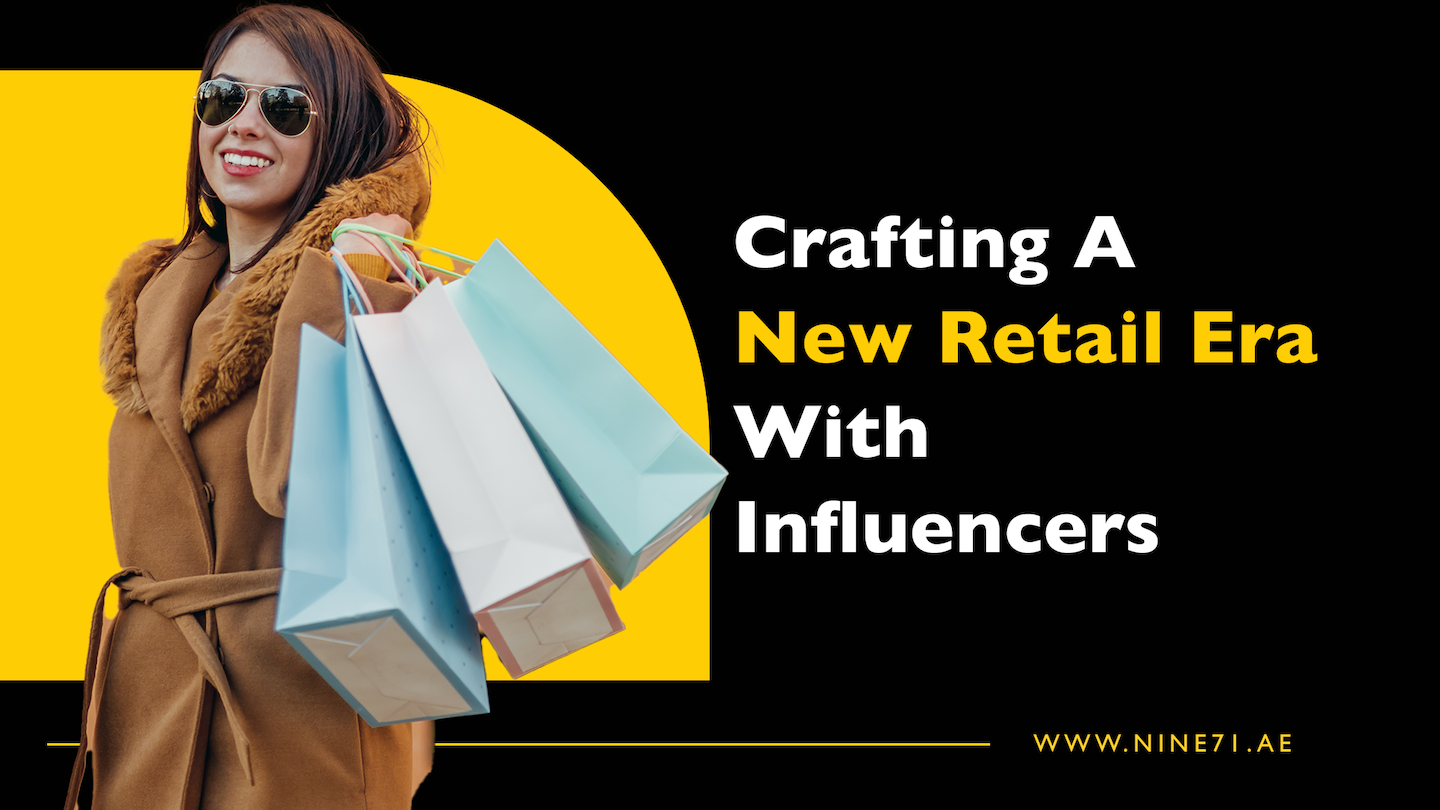In the bustling digital marketplace of the United Arab Emirates (UAE), influencer marketing has carved out a significant niche, bridging brands with consumers through relatable and authentic interactions. With a staggering 34% increase in influencer mentions in news articles and social media in the UAE and Saudi Arabia in 2020 compared to the previous year (Meltwater), the influencer marketing sphere is undeniably vibrant. However, the landscape is evolving, prompting influencer agencies to explore innovative strategies, such as launching in-house brands, to navigate the challenges and opportunities that lie ahead.
The Influencer Marketing Landscape: A Glimpse into the UAE
The UAE, with its technologically savvy population and a robust digital infrastructure, has witnessed the burgeoning of influencer marketing. Agencies have thrived by connecting brands with influencers, crafting campaigns that resonate with diverse audiences. However, the journey is not without its hurdles. Maintaining authenticity, adhering to regulatory norms, and managing dynamic influencer relationships present ongoing challenges. Moreover, the global shift towards direct-to-consumer models, as witnessed in markets like China, has illuminated alternative pathways for agencies to explore and potentially adopt.
In-House Branding: A Strategy Unveiled
In-house branding emerges as a strategy where influencer agencies create and promote their own brands, navigating away from solely relying on collaborations between influencers and external brands. This strategy is not merely a diversification but a nuanced approach to sustaining business amidst the fluctuating digital marketing ecosystem. The potential benefits are multifaceted, encompassing enhanced control over brand narrative, direct profit maximization, and the ability to closely align products with market trends and consumer demands.
Economic Ripples in Local Markets
The introduction of in-house brands by influencer agencies can create economic ripples within local markets. By directly contributing to the retail and e-commerce sectors, these brands can influence consumer spending, market competition, and potentially, job creation. However, the economic impact is intertwined with consumer perception and response, which can vary based on the authenticity, quality, and relevance of the in-house brands introduced to the market.
Consumer Dynamics: Perception, Trust, and Loyalty
Consumer perception towards in-house brands launched by influencer agencies is pivotal in determining their success and sustainability. Trust, cultivated through transparent communication and quality assurance, forms the bedrock upon which brand loyalty can be built. The challenge for influencer agencies lies in balancing promotional content for their in-house brands while maintaining the genuineness that followers seek.
Furthermore, ensuring that the products align with consumer expectations and values is paramount to fostering a positive reception and building a loyal customer base.
Gazing into the Future: Implications and Predictions
The trajectory of in-house branding by influencer agencies in the UAE is yet to be fully charted. While the strategy presents promising prospects, its sustainability and impact on the influencer marketing landscape remain to be seen. Will in-house branding become a prevalent and successful strategy among UAE influencer agencies? Or will it navigate through a transient phase within the digital marketing arena? These questions linger, inviting exploration and analysis as the strategy unfolds in real-time.
In-house branding by influencer agencies in the UAE presents a fascinating intersection of influencer marketing, e-commerce, and brand management. As agencies navigate through the challenges and opportunities that lie ahead, the strategy’s impact on local markets, consumer dynamics, and the influencer marketing landscape will unravel. Whether in-house branding will solidify its presence as a sustainable and impactful strategy within the UAE’s digital marketing sphere remains to be witnessed. Nonetheless, it undoubtedly introduces a new chapter in the narrative of influencer marketing, inviting exploration, analysis, and continuous dialogue among marketers, influencers, and consumers alike.
Bassam Mustafa – Managing Director, Nine71




